Geshe Yeshe Thabkhe
Geshe Yeshe Thabkhe was born in 1930 in Lhokha, Central Tibet and became a monk at the age of 13. After completing his studies at Drepung Loseling Monastery in 1969, he was awarded Geshe Lharampa, the highest degree in the Geluk School of Tibetan Buddhism. He is an emeritus professor at the Central Institute of Higher Tibetan Studies and an eminent scholar of both Madhyamaka and Indian Buddhist studies. His works include Hindi translations of The Essence of Good Explanation of Definitive and Interpretable Meanings by Lama Tsongkhapa and Kamalasila's commentary on the Rice Seedling Sutra. His own commentary, The Rice Seedling Sutra: Buddha’s Teachings on Dependent Arising, was translated into English by Joshua and Diana Cutler and published by Wisdom Publications. Geshela has facilitated many research works, such as a complete translation of Tsongkhapa’s The Great Treatise on the Stages of the Path to Enlightenment, a major project undertaken by the Tibetan Buddhist Learning Center in New Jersey where he teaches regularly.
Featured Series

Aryadeva’s 400 Stanzas with Geshe Yeshe Thabkhe (2013-17)
Teachings by Geshe Yeshe Thabkhe on Aryadeva’s Four Hundred Stanzas on the Middle Way given at Sravasti Abbey and Tibetan Buddhist Learning Center, New Jersey. With interpretation into English by Joshua Cutler.
View Series
Pramanavarttika with Geshe Yeshe Thabkhe (2018–21)
Geshe Yeshe Thabkhe teaches Dharmakirti's commentary on Dignaga's Compendium on Valid Cognition. With interpretation into English by Joshua Cutler and Katrina Brooks.
View SeriesFeatured Posts
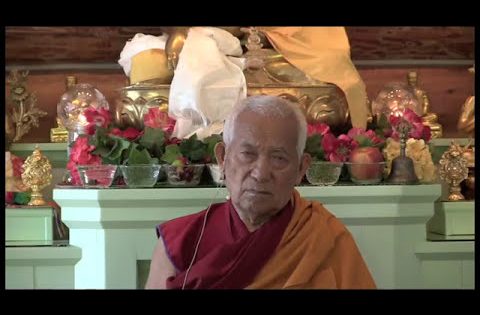
Chapter 4: Verses 90–100
What does it take to be an ethical leader? Is it appropriate f...
View Post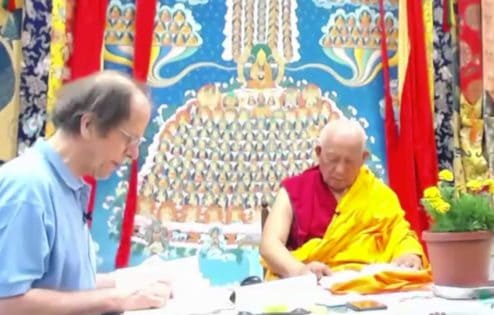
Proving past and future lives
Verses proving the existence of past and future lives over whi...
View Post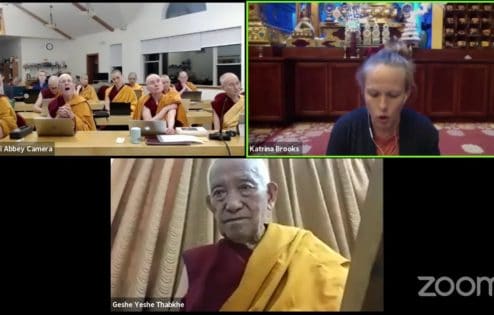
The sixteen aspects of the four truths
How the sixteen aspects of the four truths contradict the sixt...
View PostView Posts
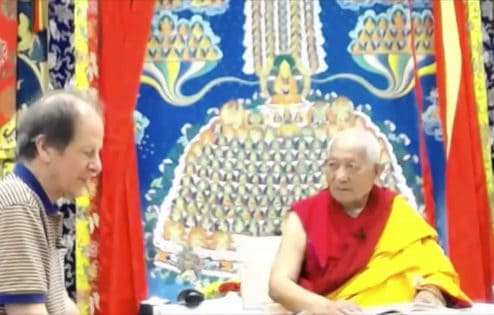
Chapter 14: Verses 338-346
Teachings on the verses refuting inherently existent components, one and different, causes and effects.
View Post
Chapter 14: Verses 328-337
Geshe Yeshe Thabkhe teaches verses on the relationship between the whole and its parts.
View Post
Chapter 14: Verses 327-328
Geshe Yeshe Thabkhe continues teaching on how phenomena exist by mere imputation, refuting the view…
View Post
Chapters 13-14: Verses 325-326
Geshe Yeshe Thabkhe completes Chapter 13 and begins Chapter 14 refuting the views of the…
View Post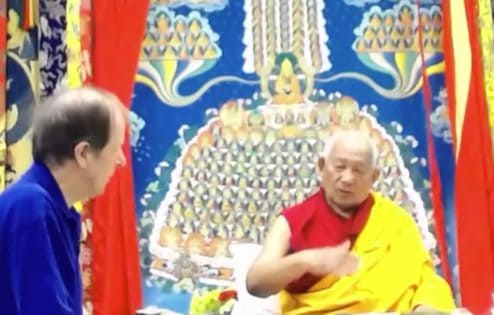
Chapter 13: Verses 320-324
Geshe Yeshe Thabkhe teaches on verses refuting the true existence of the perceiving consciousness.
View Post
Chapter 13: Verses 311-319
Geshe Yeshe Thabkhe continues the teachings on refuting the inherent existence of sense organs.
View Post
Chapter 13: Verses 307-310
Geshe Yeshe Thabkhe continues the teachings on refuting the inherent existence of visual objects.
View Post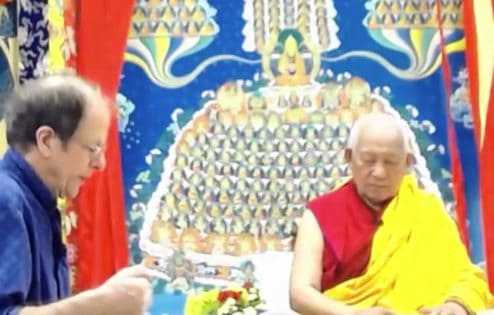
Chapter 13: Verse 301-306
Geshe Yeshe Thabkhe continues the teachings on refuting inherent existence of the sense objects.
View Post
Chapter 13: Verse 301
Geshe Yeshe Thabkhe starts teachings on refuting the inherent existence of sense organs and objects.
View Post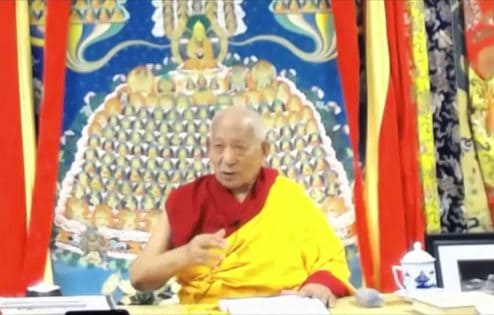
Chapter 12: Verses 295-300
Geshe Yeshe Thabkhe teaches on dependent arising and emptiness, and concludes his commentary with verses…
View Post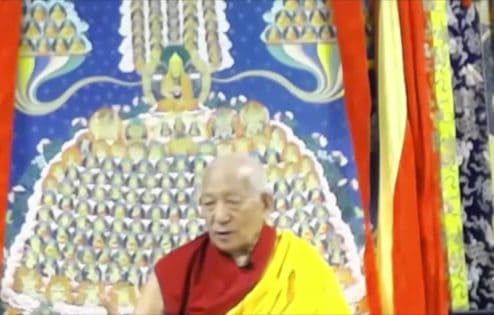
Chapter 12: Verses 286-295
Geshe Yeshe Thabkhe teaches on the importance of not lapsing from the right view, and…
View Post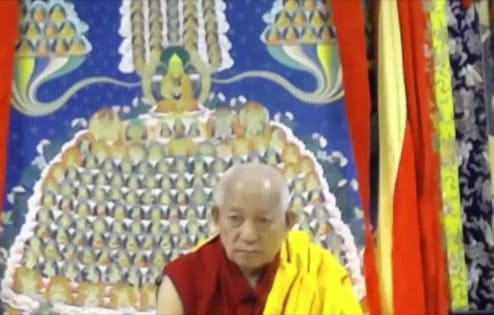
Chapter 12: Verses 281-285
Teachings explaining the difficulty of understanding emptiness and why emptiness should not be feared.
View Post